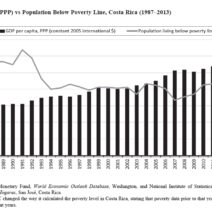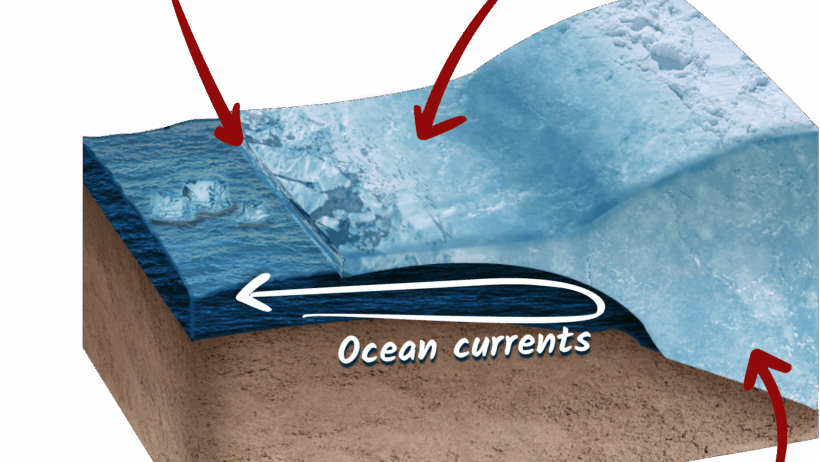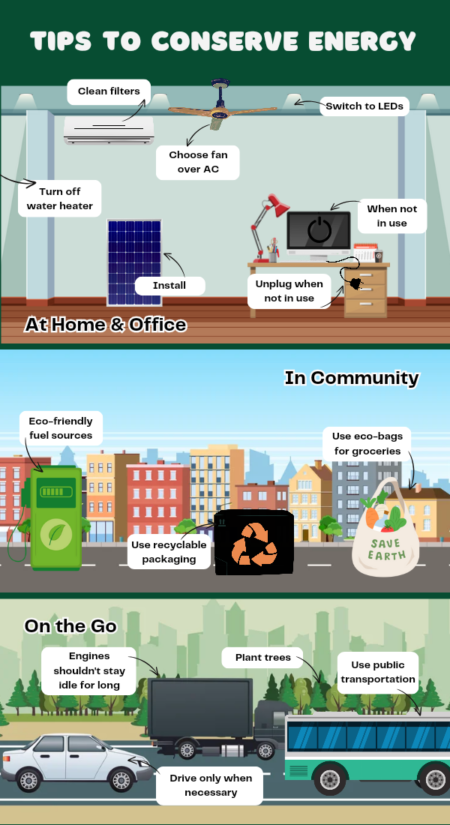Water, the essence of life, is now at the heart of one of humanity’s most pressing challenges: sea level rise. This phenomenon, driven by climate change, has the potential to reshape coastlines, obliterate habitats, and displace millions of residents in vulnerable regions. Understanding the dynamics of sea level rise requires delving into the complex interplay of factors that contribute to this dilemma.
The primary driver of sea level rise is thermal expansion, a process wherein water expands as it warms. As global temperatures ascend, the oceans are absorbing vast amounts of heat, leading to a gradual but significant increase in water volume. Additionally, the melting of glaciers and polar ice sheets contributes to rising waters. These processes are not merely scientific curiosities; they present urgent implications for coastal communities and ecosystems worldwide.
To grasp the magnitude of sea level rise, one must consider its historical context. In the last century, sea levels have risen approximately eight inches, primarily due to thermal expansion and the melting of ice. However, models predict that, if current trends continue, sea levels could rise by as much as several feet by the end of the century. This projection is alarming, especially for cities situated near coastlines such as New Orleans, Miami, and Jakarta, which are already grappling with flooding issues.
The consequences of rising sea levels extend beyond mere measurement; they entail profound socio-economic consequences. Coastal cities are at risk of inundation, threatening not just infrastructure but also the very livelihoods of residents. Marine ecosystems, including coral reefs and wetlands, face unprecedented stress due to habitat loss and increased salinity. These changes jeopardize biodiversity and disrupt the delicate balance of marine food webs. It’s a cascade effect: as some species dwindle, others that depend on them for survival also face an uncertain future.
Moreover, freshwater supplies are becoming increasingly compromised. Saltwater intrusion into groundwater supplies renders drinking water undrinkable and poses severe health risks for coastal residents. This shift adds another layer of vulnerability, particularly for economically disadvantaged communities that already struggle with access to clean water.
As the sea encroaches, the concept of displacement looms large. The term “climate refugees” has emerged to describe individuals forcibly displaced due to environmental changes, a new category of refugees that is wholly unrecognized in current global policy frameworks. An estimated 150 million people could become climate refugees by 2050 if sea level rise persists at this pace, stirring debates about international responsibility and ethical obligations to those affected.
To mitigate these dire predictions, a multifaceted approach is essential. First, adapting our coastal infrastructure is paramount. Investments in resilient structures, such as sea walls and storm surge barriers, can help safeguard valuable assets from rising waters. However, such solutions are often expensive and can inadvertently lead to a false sense of security, encouraging further development in areas at risk.
Another vital component of addressing sea level rise is the importance of preserving natural buffers, such as mangroves and wetlands, which act as barriers against storm surges. These ecosystems are not only crucial in protecting shorelines but also play a vital role in carbon sequestration, helping to combat climate change. Restoration efforts in these areas can yield dual benefits: safeguarding communities while also promoting biodiversity and ecological health.
Yet, technology alone will not suffice. Public awareness and community engagement are crucial in fostering a culture of resilience. Local governments must involve citizens in climate adaptation discussions to ensure that the measures undertaken are contextually relevant and socially equitable. Educated communities wield the power to champion climate action on multiple levels, creating waves of change that ripple across society.
Furthermore, rethinking urban planning is essential in the age of climate uncertainty. Sustainable development practices should prioritize low-risk areas, steering construction away from flood-prone regions. Such shifts require bold policy initiatives and a willingness to confront entrenched paradigms of growth and development.
Legislative action plays a critical role in addressing the challenges posed by sea level rise. Policymakers must establish stringent emissions reduction targets to curtail the acceleration of climate change. Transitioning to renewable energy sources and enhancing energy efficiency are pivotal in this regard. The commitment to international agreements, such as the Paris Agreement, reflects a global response to climate change, emphasizing the interconnectedness of our efforts and the need for collective action.
The ocean, often perceived as a vast, distant entity, is, in reality, a powerful player in our climate narrative. It influences weather patterns, regulates temperatures, and nurtures diverse ecosystems. A profound shift in perspective is necessary—understanding that our relationship with water is dynamic, interdependent, and crucial for future survival. The intricacies of sea level rise present opportunities to cultivate curiosity and awareness about our shared environment, enabling us to confront this challenge with determination and creativity.
In conclusion, water and sea level rise should not be mere statistics. They reflect a crucial narrative about survival, resilience, and the imperative of sustainability. As we navigate these tumultuous waters, we are called to rethink our priorities, reimagine our futures, and commit to action that transcends individual interests. The fate of coastal regions, their inhabitants, and the intricate ecosystems they harbor depend on our willingness to adapt and innovate in the face of an ever-changing climate. The question remains: will we heed the call of the tides, or be swept away by their relentless advance?








